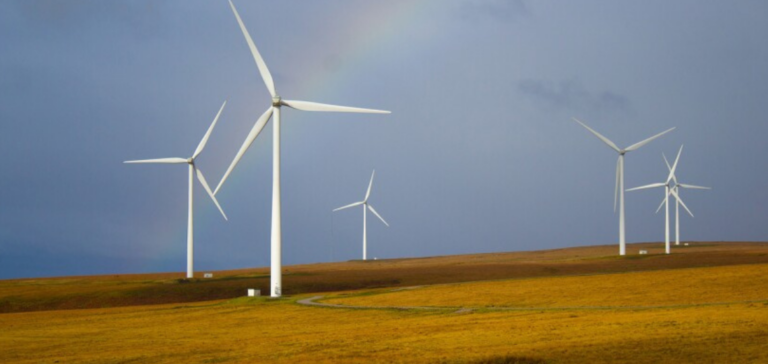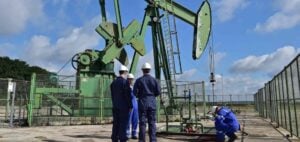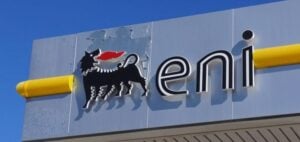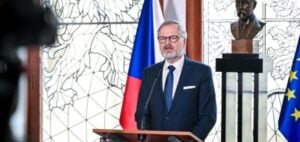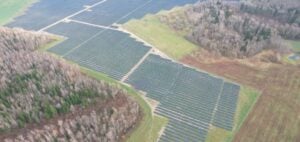At its third Capital Market Day in Hamburg, Siemens Energy presented a strategic perspective to analysts and investors, underlining its commitment to the energy transition. Christian Bruch, President and CEO of Siemens Energy, highlighted the impressive results achieved in 70% of their activities, attesting to the relevance of their strategic vision. A record order book of 112 billion euros testifies to this solid position. Indeed, the company is targeting accelerated profitable growth and improved order fulfillment, with increased margins and operational excellence.
Siemens Gamesa Turnaround a priority
The major challenge remains the turnaround of Siemens Gamesa, with a clear action plan aimed at achieving financial equilibrium for the wind power company by 2026. Maria Ferraro, CFO of Siemens Energy, insisted on a prudent allocation of resources, with targeted investments geared to growth or customer requirements. However, she also reaffirmed the company’s commitment to maintaining its investment-grade credit profile, underlining the net cash target for fiscal 2024.
Allocation of Resources and Maintenance of Financial Solidity
The Gas Services, Network Technologies and Industry Transformation business areas, which account for 70% of Siemens Energy’s revenues, are on track to meet or exceed their medium-term targets. However, Siemens Energy is taking advantage of strong market trends and its well-positioned portfolio to support its customers’ decarbonization efforts. By 2026, the company expects margins of 7-9% for Industry Transformation, 9-11% for Network Technologies and 10-12% for Gas Services.
Medium-term objectives for key divisions
Global energy trends, such as major investments in grids and decarbonization, serve as a catalyst for profitable growth across Siemens Energy’s entire portfolio. In addition, investment in the energy transition has reached $1.7 trillion by 2023, underlining the speed and scale of deployment of clean energy technologies. Electricity demand is set to double between 2022 and 2050, with a six-fold increase in grid capacity from renewable energy sources. Market traction is strengthening thanks to government investment programs in favor of decarbonization and favorable regulatory frameworks, such as the EU’s Wind Package. In addition, the arrival of decarbonization targets in new emerging markets improves Siemens Energy’s market prospects.
Impact of Global Energy Trends on Siemens Energy
Siemens Gamesa, the wind power subsidiary of Siemens Energy, suffered serious setbacks, impacting the performance of its other divisions. In addition, an action plan based on simplifying the product portfolio, optimizing the footprint and operations, and strengthening processes and control, is being implemented to turn this branch around. A technical review in the land sector has identified deficiencies with significant impacts, and remedial actions are being prepared. Siemens Gamesa will refocus its land-based activities on specific criteria, such as favorable regulations and substantial profit pools, to optimize its footprint. However, in the offshore sector, the company is increasing production capacity at existing plants to meet customer demand and process the order book. By strengthening operational excellence through plant-specific initiatives, commercial selectivity and the implementation of cost-saving measures, Siemens Gamesa hopes to achieve financial break-even by 2026, followed by profitable growth.
The turnaround of the wind power subsidiary is crucial to the overall success of Siemens Energy. Furthermore, the implementation of corrective actions and the optimization of operations are essential to achieve financial equilibrium and usher in an era of profitable growth for Siemens Gamesa, strengthening the company as a whole.
Siemens Energy is strategically focused on profitable growth, concentrating on the turnaround of Siemens Gamesa and capitalizing on trends in the energy market. Indeed, their commitment to the energy transition and the implementation of clear action plans for their various divisions positions the company for a promising future in the global energy sector.

